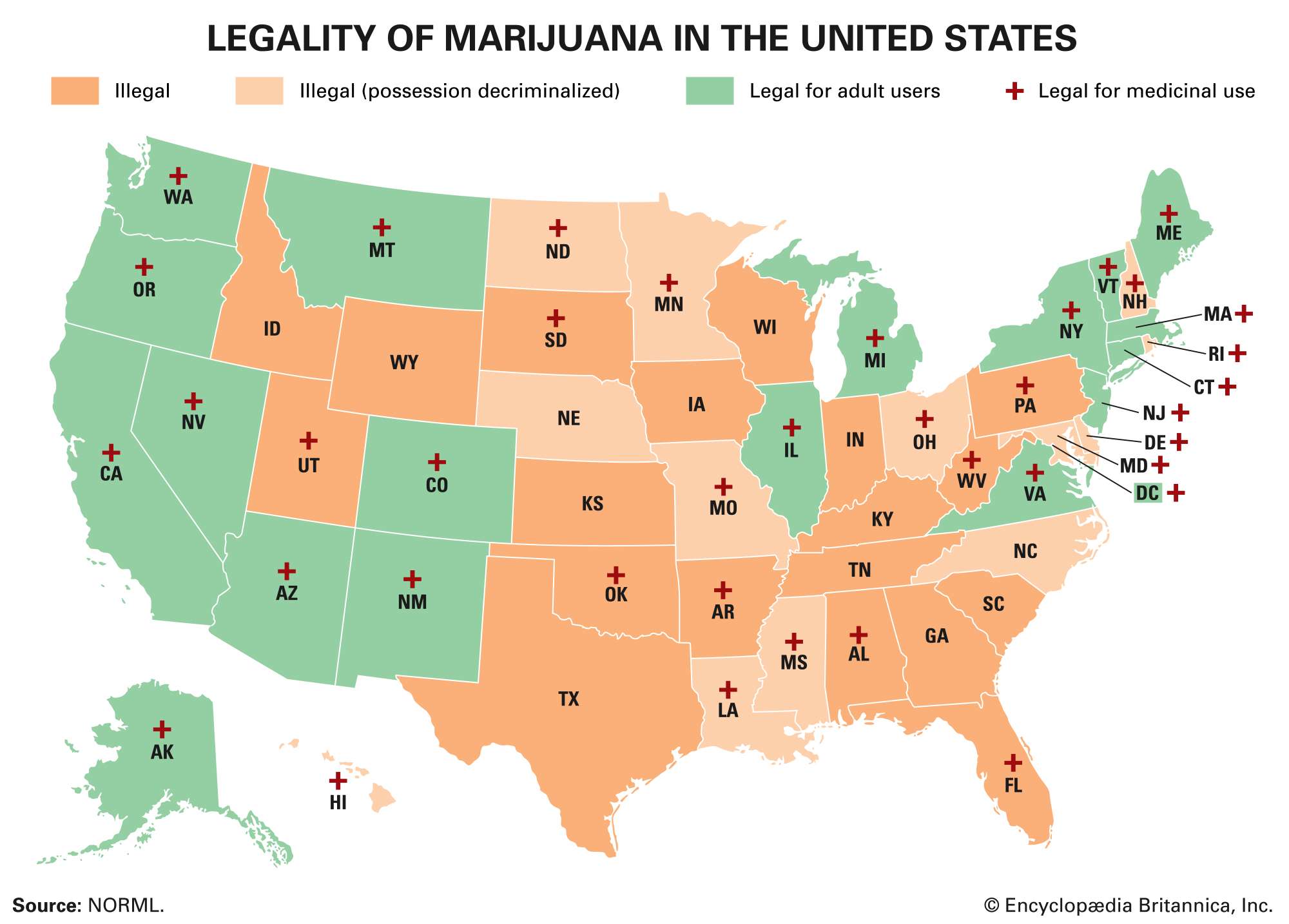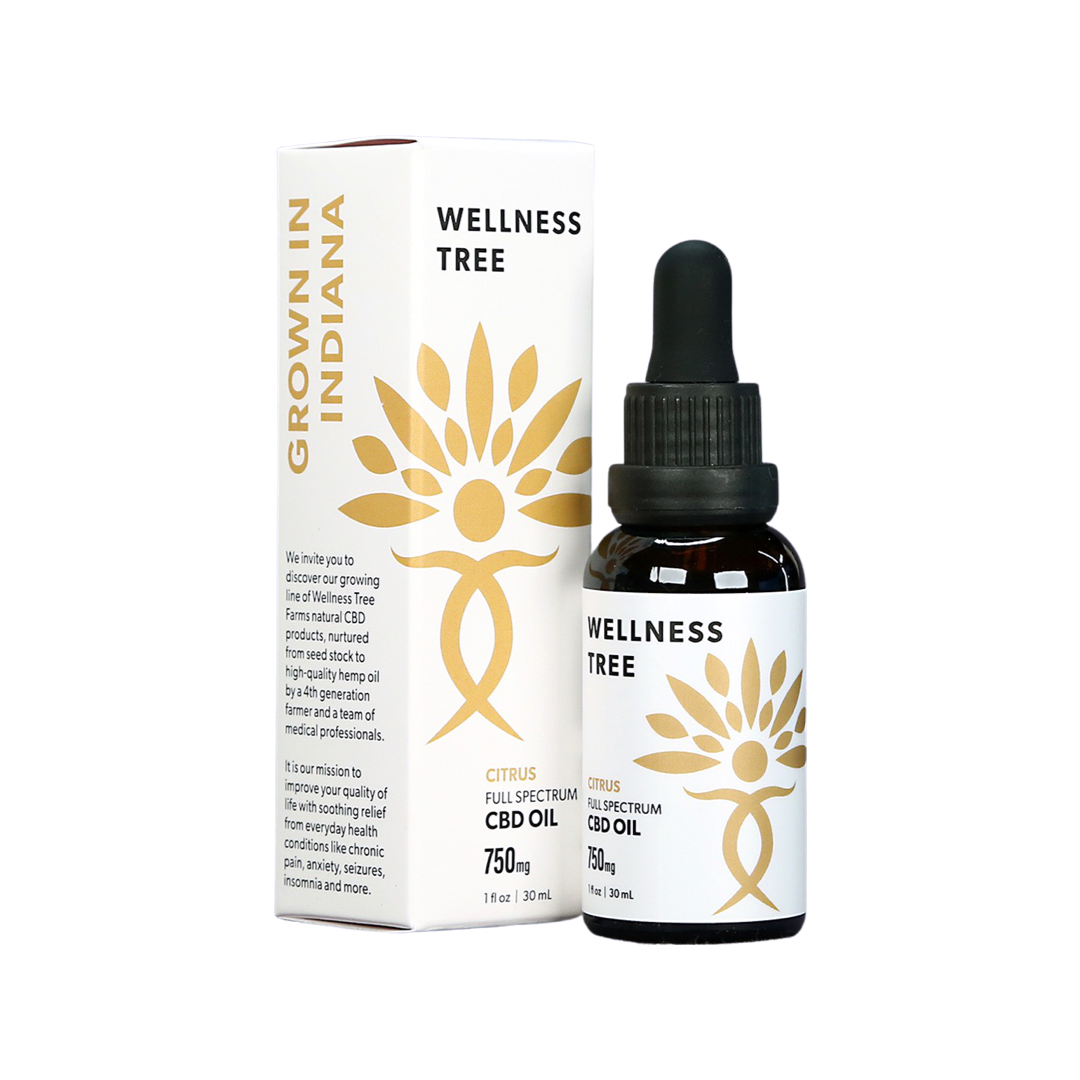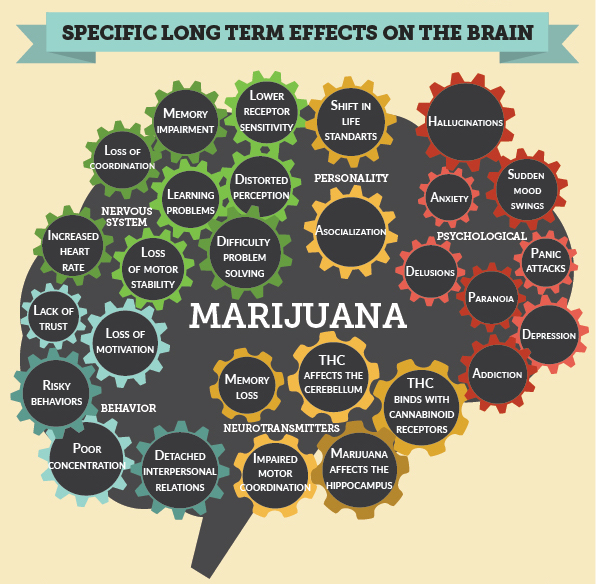
Are CBD and THC-containing CBD products legal in Texas Hemp-derived CBD products are legal in Pennsylvania, Hawaii. CBD oil can be purchased in these states if you have a valid medical marijuana prescription. CBD oil can be obtained as a supplement to your medical marijuana prescription if you're located in one of these states.
Texas is against THC-containing products
It is illegal to possess THC-containing products in Texas. THC in products can result in severe penalties. Texas law states that possession of less than one gram (or more) of THC constitutes a crime in the state prison system. Possession of more that four grams of THC is a second-degree felony and can result in a five to 99 year sentence at the Texas Department of Corrections.
Texas has banned THC-containing items, but most products are legal. This rule is not applicable to two exceptions. The state has banned the sale of products containing Delta-8 THC. However, delta-9 THC has been legalized by the state. Delta-8 THC, according to the Department of State Health Services, is a Schedule 1 controlled drug.

The state's Consumable Hemp Program website has recently changed the definition of THC. Delta-8 products must not contain more than 0.3% delta-9THC according to the current law. Texas law prohibits delta-8 products with more than 0.3% THC.
Pennsylvania legalizes hemp-derived CBD
Pennsylvania has legalized hemp-derived CBD Oil. It is legal in Pennsylvania to purchase CBD oil derived from hemp, as long the THC content is below 0.3%. This process is regulated by the Pennsylvania Department of Agriculture. All growers must adhere to federal and state regulations. Hemp-derived CBD is a therapeutic compound that has no psychoactive effects.
2016 was the year when the state passed a law allowing hemp-derived CBD to be legalized, as long it has less than 0.3% HHC. It is possible to purchase the product legally without a prescription and a doctor. The state's MMJ program protects registered patients from penalties and provides a structured regulated industry. Hemp-derived CBD from hemp is still illegal, but medical marijuana cardholders may purchase and possess upto 30 grams.
Hemp-derived CBD can be bought over-the-counter in Pennsylvania. Be aware, however, that many shops do not sell them to those below the age 18. It is a good idea to bring a photo ID with you when buying CBD. Also, it's a good idea to look for brands that have third-party lab reports. This will ensure that the product contains high levels of CBD.

It's legal in Hawaii
The state Hawaii has not yet passed laws specifically addressing CBD. To determine whether CBD products can be legalized, the state relies on U.S. Farm Bills. 2018 saw Governor David Ige sign HB 1819, which makes it legal for hemp to be grown in the state under the USDA's hemp production programme. The law also allows for the sale of hemp-derived products.
The state's Food and Drug Department previously stated that state CBD laws will likely change in the near future. The department intends to amend the state CBD laws after federal guidelines are in effect. The department has also stated that it plans to regulate all products that contain hashish-derived products, including CBD.
Even though Hawaii has not yet made significant progress towards more progressive marijuana laws, hemp-derived CBD has been legalized in the state. Although the state's CBD laws remain fluid, lawmakers are still trying to figure out how to regulate CBD in Hawaii. The laws aren't clear but there are some CBD shops and sellers already operating in the state. The products are identical to those available on the mainland. Although there is still uncertainty about CBD's legality, many residents believe it will soon be legalized.
FAQ
Is the CBD industry saturated?
CBD industry has a growing rate of 25% annually. This growth will continue at least five years. The industry is forecast to grow from $2 Billion to $5 Billion by 2020.
Two companies are currently dominating the CBD market - GW Pharmaceuticals & Canndoc Ltd. Both are focused on developing pharmaceutical-grade products. They have not been very effective so far. Both of them are having difficulty gaining traction in today's marketplace.
Cannabidiol (CBD) is an extract of cannabis that contains less than 0.3% THC. It does not cause any psychoactive effects. It is used to treat epilepsy and other conditions. It is also used frequently as a dietary addition.
There are many kinds of CBD products. Some are made using whole plant extracts, while others use isolated cannabinoids such as CBD.
All these products have in common that they contain low levels of THC.
This makes them legal under US federal law. You still need to comply with local laws when you sell CBD products. You should always verify your state's regulations for the sale of CBD products.
Additionally, CBD products in some states are illegal. These include California, Colorado, Florida, Mississippi, Missouri, New York, North Carolina, Ohio, Oklahoma, Oregon, Pennsylvania, Rhode Island, South Dakota, Texas, Utah, Virginia, Washington, and Wisconsin.
If you live in one of these states, then you will probably want to avoid making CBD products.
Are CBD companies a good idea?
It depends on what you're looking for in a solution to this question. These machines are great investments if your goal is to make money. But if you're looking for something to help people, then they are not the best investment.
Does CBD have a future?
The answer is yes. The answer is no, not because of its medicinal benefits, but because it helps people feel better without getting high.
It's a good alternative to prescription drug because you won't feel any different from when you take it.
There is ample evidence to support the claims that cannabis can relieve pain, anxiety, depression, insomnia, among other conditions.
Cannabinoids, also found in cannabis are thought to interact with our brain receptors. This interaction produces feelings of relaxation and well-being.
So if you're interested in using cannabidiol (CBD) oil for health reasons, then it's important to understand what exactly it does and how it affects us.
What are the most popular CBD brands?
These five top CBD brands are hand-picked by our team based on value, reliability, quality, and price.
They offer high-quality CBD oil products that contain less than 0.2% THC.
We recommend you also check out our top CBD sellers worldwide.
Statistics
- As a substance that was federally illegal before the passage of the 2018 Farm Bill, hemp-derived cannabinoids with no more than 0.3% THC still face a regulatory grey area. (forbes.com)
- The inhibition of FAAH is predicted to lead to an increase in brain and plasma concentrations of AEA, which acts as a partial agonist at CB1R and CB2R, thereby increasing endocannabinoid tone [92, 110]. (ncbi.nlm.nih.gov)
- however, one study also found that these effects were virtually abolished when the original media (a nutrient broth agar) was replaced with one containing 5% blood (increasing the minimum concentration to ~160 μM CBD) [179]. (ncbi.nlm.nih.gov)
- The use of these products is likely to become even more widespread if the World Health Organization's recommendation that CBD no longer is scheduled in the international drug control conventions is adopted by the United Nations member states [201]. (ncbi.nlm.nih.gov)
- A recent systematic review of human trials also reported that individuals with epilepsy receiving CBD (5–20 mg·kg−1·day−1) were more likely to experience decreased appetite than those receiving placebo (i.e., ~20 vs. 5% of patients) (ncbi.nlm.nih.gov)
External Links
How To
What are the main issues with the CBD industry.
The market for CBD products continues to grow at an amazing rate. There are many hurdles businesses face when trying to enter the CBD market. These include lack of consumer awareness and high costs of entry, limited capital access, and regulatory uncertainty.
Many people are not aware of what CBD is, or how it functions. They are unable to make an informed decision about buying CBD products.
As a result, most CBD companies rely heavily on word-of-mouth marketing. This is expensive because it requires paying for advertising and hiring staff to promote their brand.
Another issue for new entrants is the high cost production. CBD products can be very costly because of the cost of the raw materials. CBD oil can only then be produced if the hemp has been grown in a specific environment.
Growing enough hemp to make CBD oil takes around $1,000 per acre. Many small farmers are unable or unwilling to invest in this product.
The lack of capital access is another obstacle new entrants to the CBD market face. Due to the stigma surrounding the industry, banks discourage many people who wish to start businesses.
Last but not least, there is regulatory uncertainty regarding the sale and distribution of CBD products. There are currently no guidelines on how CBD products should marketed.
Some states have passed legislation restricting the sale of CBD products, but this has yet to become national policy.
Only Nevada and Maine have already legalized recreational cannabis.
Massachusetts and Michigan have considered similar measures.
These changes could result in increased competition between CBD manufacturer.
These factors have led many entrepreneurs to choose to work remotely rather than starting a physical business.